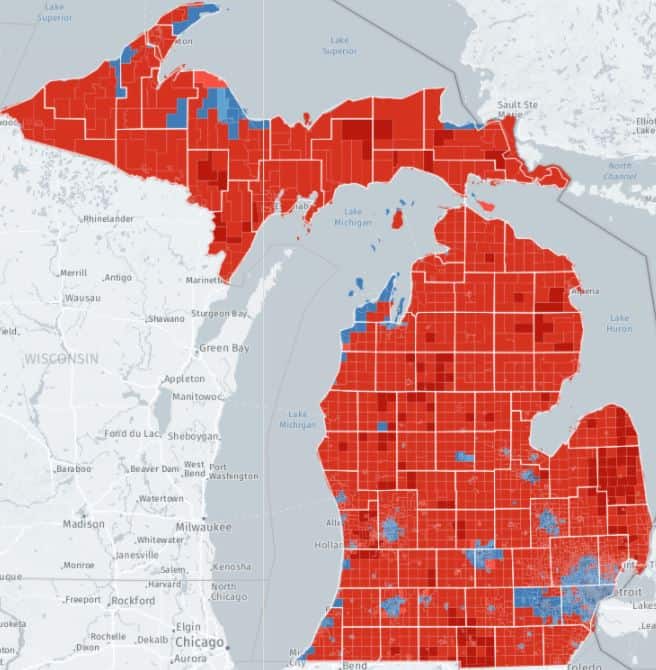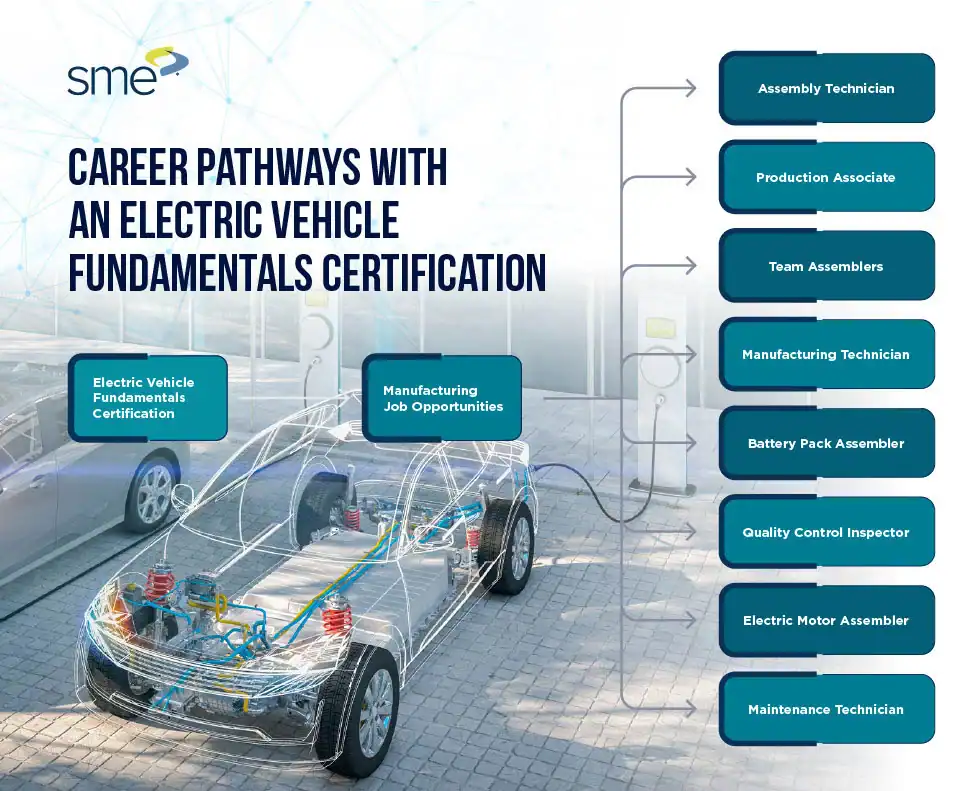EAST LANSING – Merit Network and Michigan State University are joint recipients of a $10.5 million National Telecommunications and Information Administration Broadband Infrastructure Program Grant that will connect Michigan’s many disparate Internet pathways.
This program, named the Michigan Open Optical Network – Leveraging Innovation to Get High-Speed Technology (MOON-Light), will help address critical infrastructure gaps by enabling technologically advanced, middle-mile fiber optic infrastructure across the state. It will allow interconnecting local Internet service providers (ISPs) to bring affordable, robust, high-speed broadband Internet to homes and businesses in Michigan’s underserved/unserved population areas.
“The MOON-Light initiative will have a transformational impact across the state in providing Internet access and is a true force-multiplier for upcoming ISP last-mile projects,” said Joseph Sawasky, president and CEO, Merit Network. “We are privileged to partner with Michigan State University and the MSU Quello Center on this initiative that is one of the first-of-its-kind in the nation. With non-profit and cooperative organizations working together with commercial ISPs, we are uniquely positioned to reduce costs and accelerate broadband projects for Michigan in model public-private partnerships. This project sets a strategic digital foundation for Michigan and will create a statewide ‘digital autobahn’. Our goal is to actually #FixTheDamnInternet for citizens and learners. We are incredibly thankful for the continuing trust that the National Telecommunications and Information Administration has placed in our vision.”
Letters of intent from several ISPs including Highline, Barger Creek and Northern Michigan University have already been signed to further the public-private collaboration of MOON-Light.
“Closing the digital divide is essential to the future success of our state and our young people,” said MSU President Samuel L. Stanley Jr., M.D. “When we partner together to solve our state’s most pressing challenges, we create a place that is full of opportunity – for all people and businesses. This partnership is a prime example of that and MSU is proud to play a role in this effort to connect Michigan.”
This project leverages funding from the National Telecommunications and Information Administration’s Broadband Infrastructure Program (BIP), one of the earliest of the recent infrastructure programs. BIP was a precursor to the Infrastructure Investment and Jobs Act, which was signed into law by President Biden on November 15, 2021.
As the State of Michigan continues to prepare for federally funded broadband investments, MSU and Merit proactively and independently applied for the NTIA grant to move things ahead faster.
“MSU is committed to creating a world in which all can thrive, especially Michigan communities. By receiving the NTIA grant, we’re able to forge a more equitable path forward,” said Melissa Woo, executive vice president for administration, chief information officer and Chair of the Merit Network Board of Directors. “This solution enables equal and open access to broadband services to all Michiganders and can be leveraged to deliver education, healthcare, and employment services.”
The project deploys equipment only on a statewide scale and requires no additional middle-mile fiber construction. Implementation is expected to take 12 months.
“This project will be a major step towards eliminating discrepancies in broadband access across the entire state. Once investment in the middle mile is completed in 2023, commercial and non-commercial service providers will be able to close the current gap in broadband access faster and more cheaply. This will enable Michiganders to more fully participate in the economy and communities to pursue new paths of economic development and inclusion. It will provide new means to access education, health, care, and government services. In many communities broadband access has also energized civic life,” said Johannes M. Bauer, Director of the Quello Center for Media and Information Policy at Michigan State University, a collaborator in the proposal.
Entire regions across Michigan lack high-performance fiber optical connections to the Internet through mainline attachments (“middle-mile” infrastructure), and many residents remain unserved with approximately 380,000 lacking any connectivity to their homes and businesses (“last mile” infrastructure).
Unlike closed (private) infrastructure that offer services from a single service provider to residents, the MOON-Light network will provide regional connectivity through an open-access network approach. Open-access networks (OANs) are high-performance networks that are open to multiple providers that leverage the infrastructure to offer high-capacity broadband services to residents and businesses.







